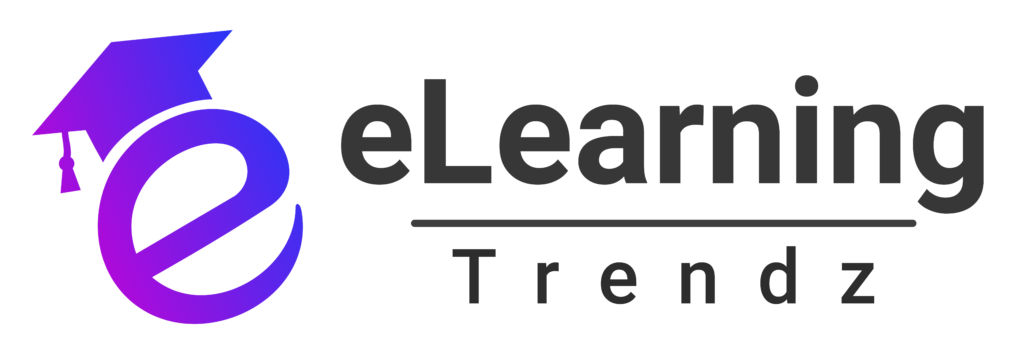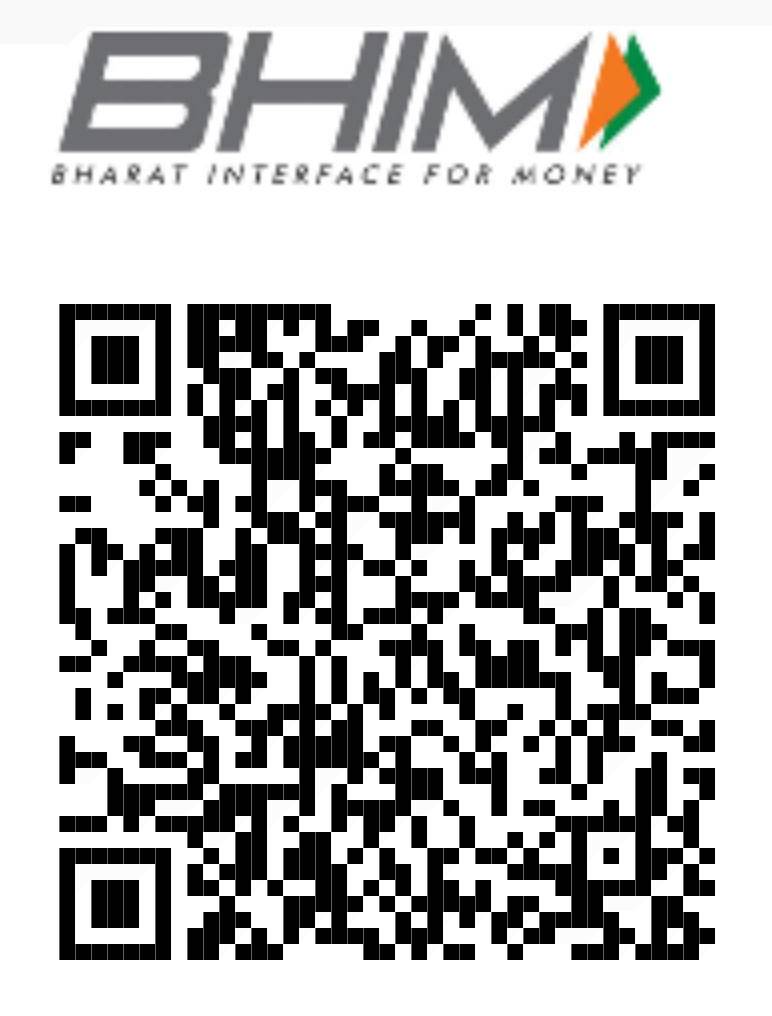The digital revolution has transformed corporate learning, and IoT-based LMS (Learning Management Systems) is at the forefront of this evolution. With the increasing demand for smart, connected learning environments, enterprises are leveraging IoT to enhance training efficiency, engagement, and performance tracking. This article explores how IoT-based LMS solutions are revolutionizing corporate training and why businesses should integrate them into their learning ecosystems.
The Role of IoT in Modern LMS
IoT technology interconnects smart devices, sensors, and software, enabling seamless data exchange and automation. When integrated with an LMS, IoT enhances learning experiences by:
- Personalizing Training Programs – IoT sensors track learner activity and engagement, providing real-time insights that tailor content to individual needs.
- Automating Administrative Tasks – Smart devices automate attendance tracking, assessment grading, and progress monitoring, reducing administrative burden.
- Enhancing Engagement Through Interactive Learning – Wearables, AR/VR devices, and connected classrooms provide immersive, hands-on training experiences.
- Ensuring Real-Time Performance Analytics – IoT-enabled LMS solutions collect and analyze real-time data, offering precise insights into learner progress and skill development.
Key Benefits of IoT-Based LMS
Enhanced Learner Engagement
IoT-powered LMS platforms incorporate interactive elements such as gamification, real-time quizzes, and virtual labs, making learning more engaging. Employees are more likely to retain information when they can interact with the material in a practical and immersive way.
Real-Time Monitoring & Data-Driven Insights
IoT devices collect vast amounts of learning data, providing actionable insights into learner performance, engagement levels, and course effectiveness. This data helps instructors fine-tune training programs, ensuring continuous improvement and optimization.
Seamless Remote Learning
With IoT-based LMS, learners can access training materials anytime, anywhere. Smart devices enable a flexible, always-connected learning environment, catering to remote and hybrid workforces effectively.
Smart Classroom & Workplace Training
Connected devices, such as smart boards, wearables, and VR headsets, create an interactive, real-time learning environment. IoT-enabled simulations provide hands-on training without real-world risks in industries like manufacturing and healthcare.
Automated Compliance & Certification Management
Enterprises must ensure compliance with industry standards. IoT-based LMS solutions track employee training progress, generate automated reports, and issue certifications, making compliance effortless.
Use Cases of IoT in LMS
Healthcare Training
Hospitals and medical institutions use IoT-powered LMS solutions for real-time patient monitoring simulations, telemedicine training, and remote surgical skill development. Wearable devices track physician engagement, ensuring personalized learning paths.
Manufacturing & Industrial Training
IoT sensors in machinery help train employees through virtual simulations and real-time safety compliance tracking. This reduces accidents and enhances productivity in high-risk industries.
Corporate Learning & Employee Development
Companies leverage IoT-based LMS for smart onboarding, personalized training, and performance tracking, ensuring employees upskill efficiently while HR departments gain real-time insights into workforce readiness.
Challenges in Implementing IoT-Based LMS
Data Security & Privacy Concerns
Since IoT devices collect vast amounts of personal and corporate data, businesses must implement robust cybersecurity measures to prevent breaches.
High Implementation Costs
Adopting an IoT-powered LMS requires investment in smart devices, software, and infrastructure, which can be a barrier for small businesses.
Integration Complexities
Seamless integration of IoT devices with existing LMS platforms can be challenging. Companies need scalable, interoperable solutions that support cross-platform connectivity.
Future of IoT-Based LMS
With the rise of AI-driven learning analytics, 5G connectivity, and adaptive learning systems, the future of IoT-based LMS is promising. The coming years will see even more personalized, immersive, and AI-enhanced training experiences powered by smart technology.
Conclusion
The adoption of IoT-based LMS is transforming corporate training, making it more engaging, efficient, and data-driven. Enterprises that integrate IoT into their learning ecosystems can gain a competitive edge through enhanced workforce productivity, automated compliance, and smarter learning analytics. As the technology advances, businesses must stay ahead by investing in innovative, scalable, and secure IoT-powered learning solutions.
By leveraging IoT-based LMS, companies can ensure seamless, connected learning experiences that drive engagement and workforce excellence.









